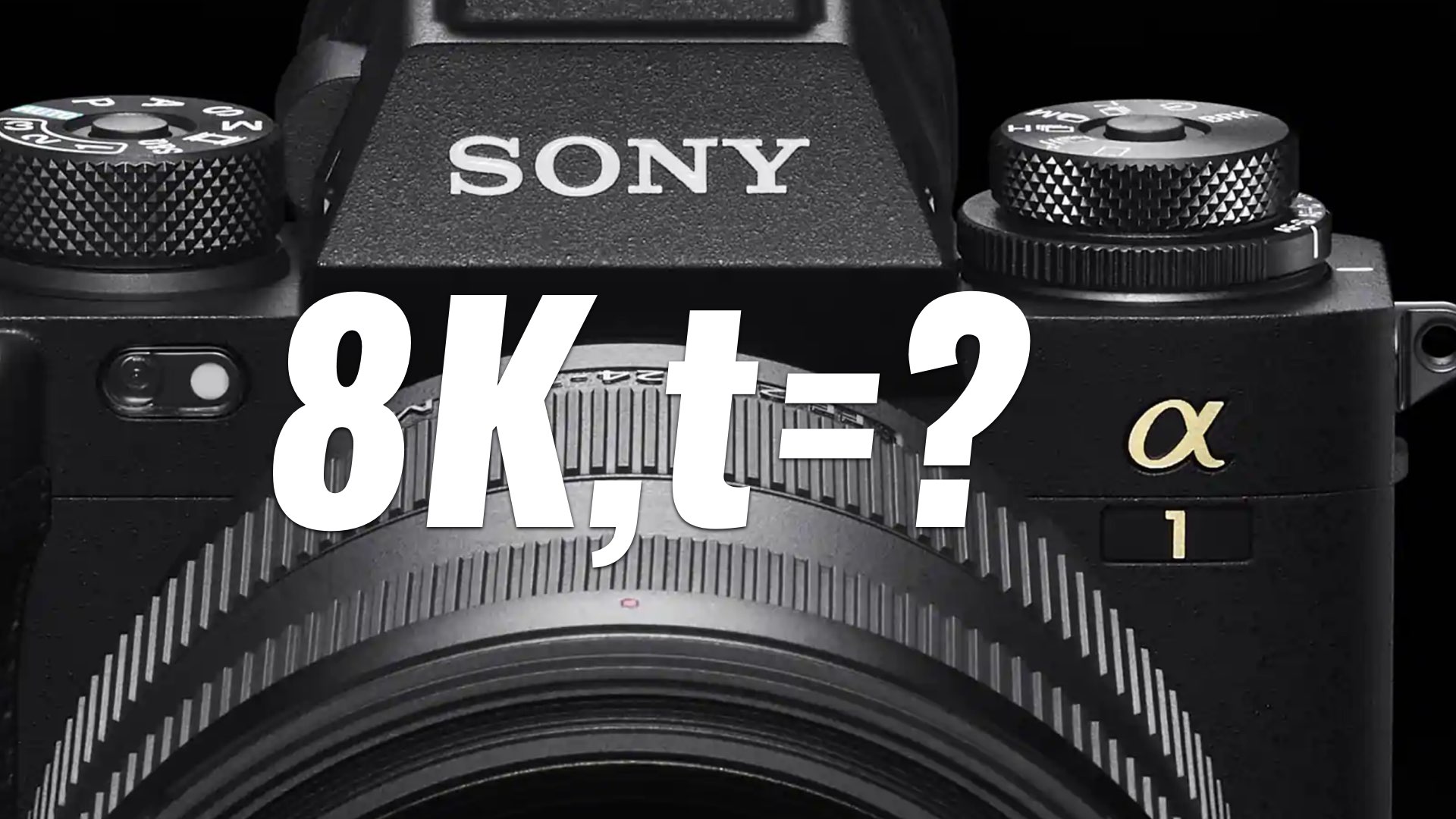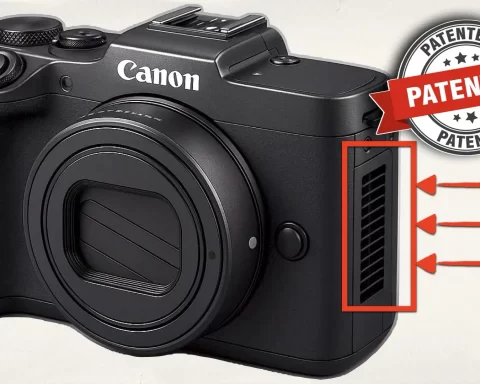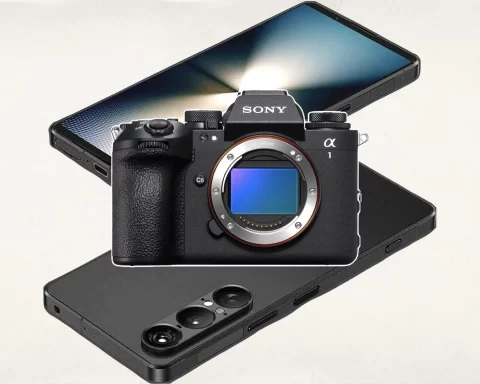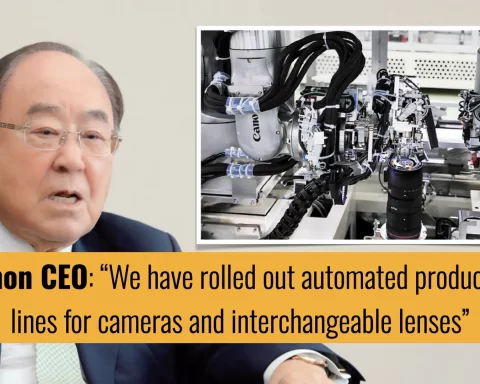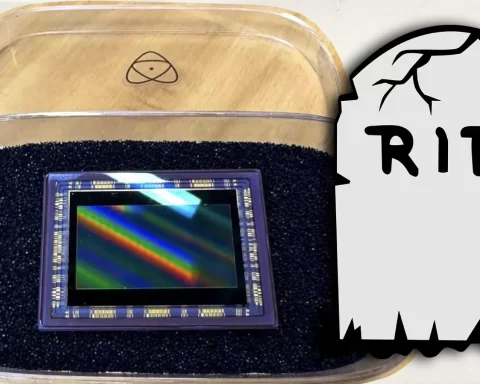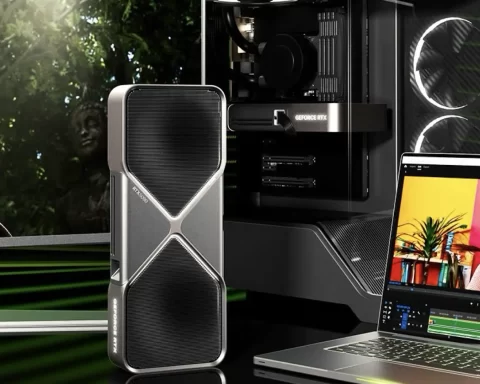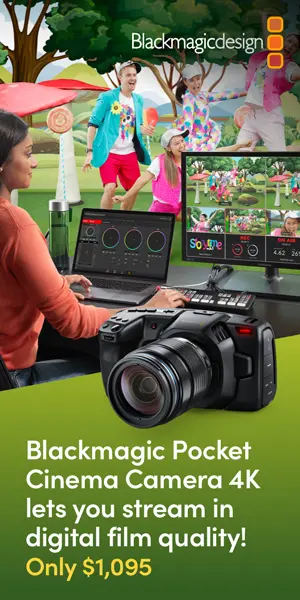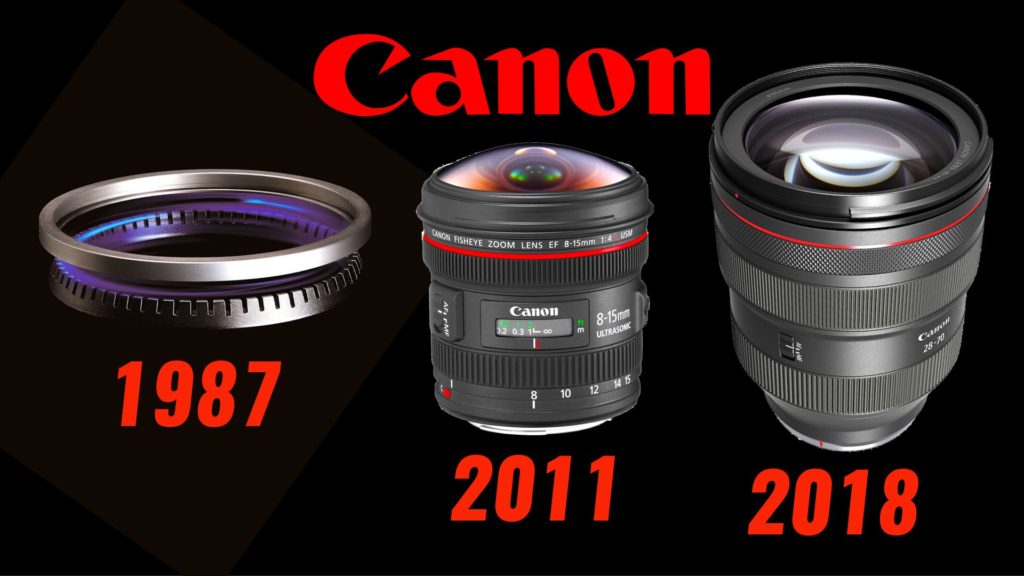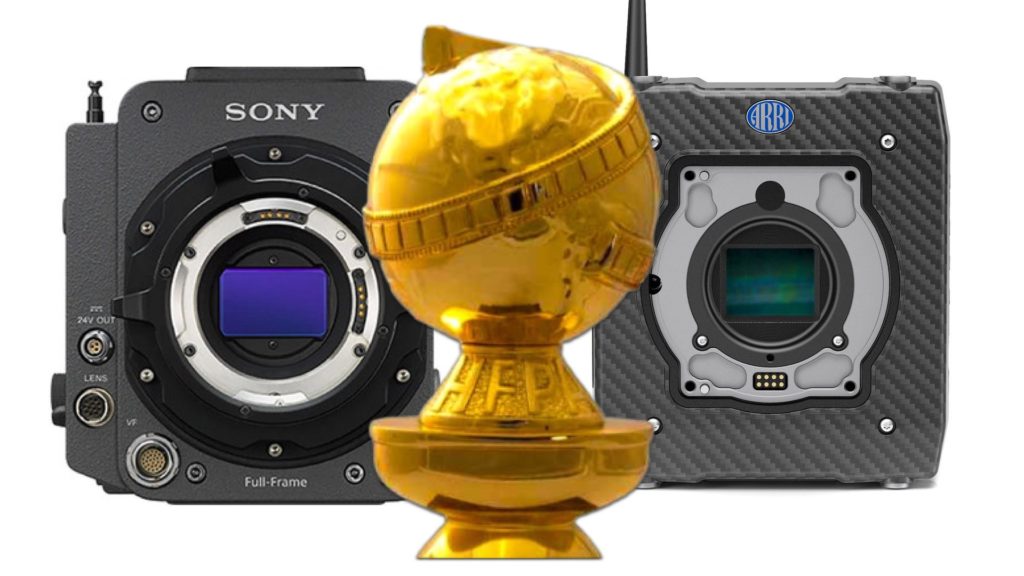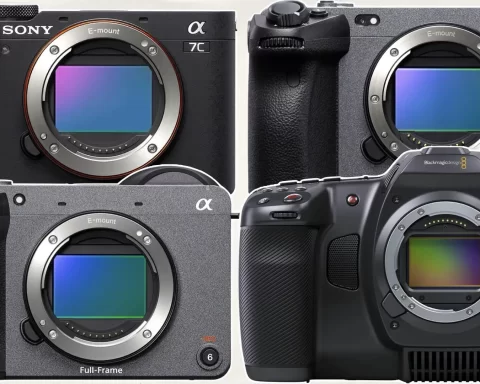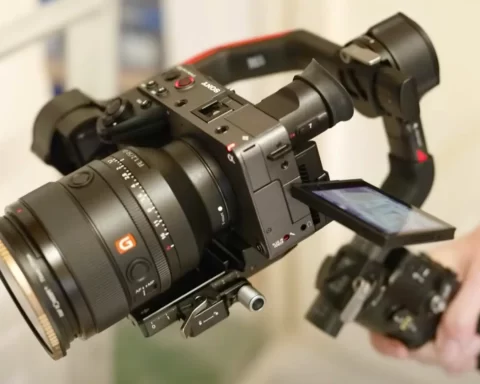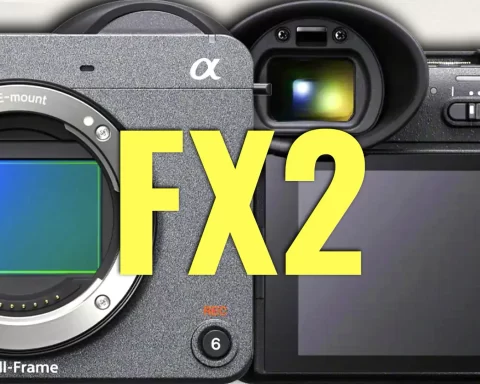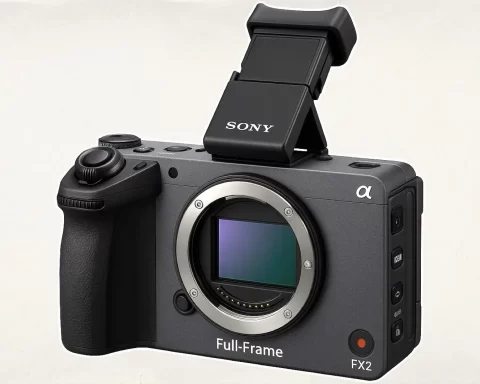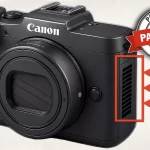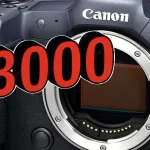What do we know about 8K recording on the newly announced Sony Alpha 1? According to initial reviews, the camera does overheat in 8K recording. But is it bearable? Well, it depends. Read on.
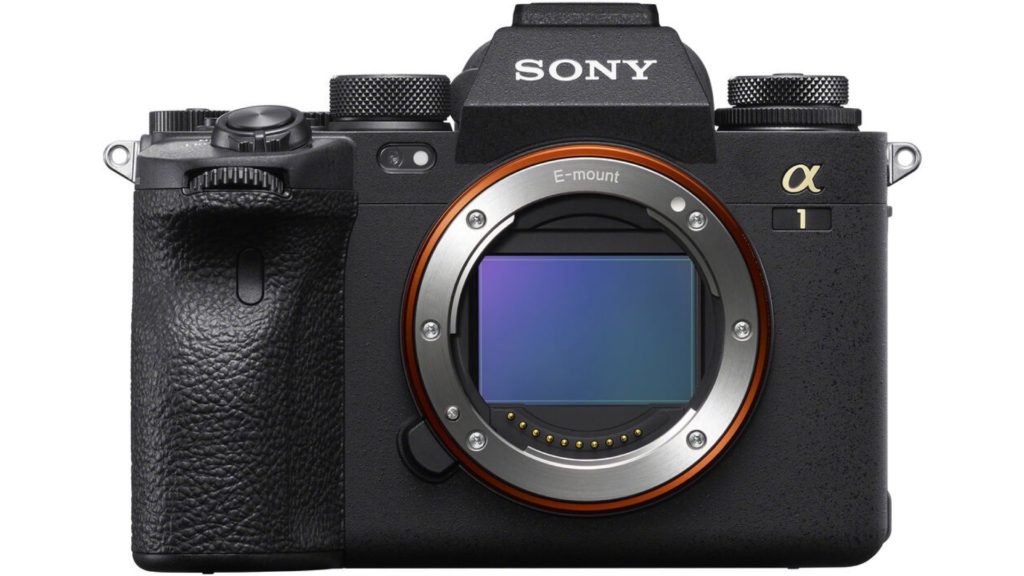
Full Frame 8K + Mirrorless = Overheating
When shooting 8K in a sealed full-frame mirrorless camera, there will be overheating issues for sure. Although manufacturers are investing a solid amount of R&D resources in order to attack it and allow decent 8K recording times, the physical and thermal challenges in a fanless camera are valid. For instance, we all remember the overheating issues in the mighty Canon EOS R5 which were limited to 20 minutes in full-frame 8K recording. This is the major disadvantage of ultra-high-resolution full-frame filmmaking in a weather-sealed and compact camera. As for Canon, the solution was the magnesium alloy designed to dissipate heat away from internal components. However, it led to significant limitations regarding 8K recording. For further reading, check out our article: Canon Updates EOS R5 Recording Times Specifications: 8K for 20 Minutes Maximum. Also, explore the slide below that describes Canon EOS R5 Shooting Times.
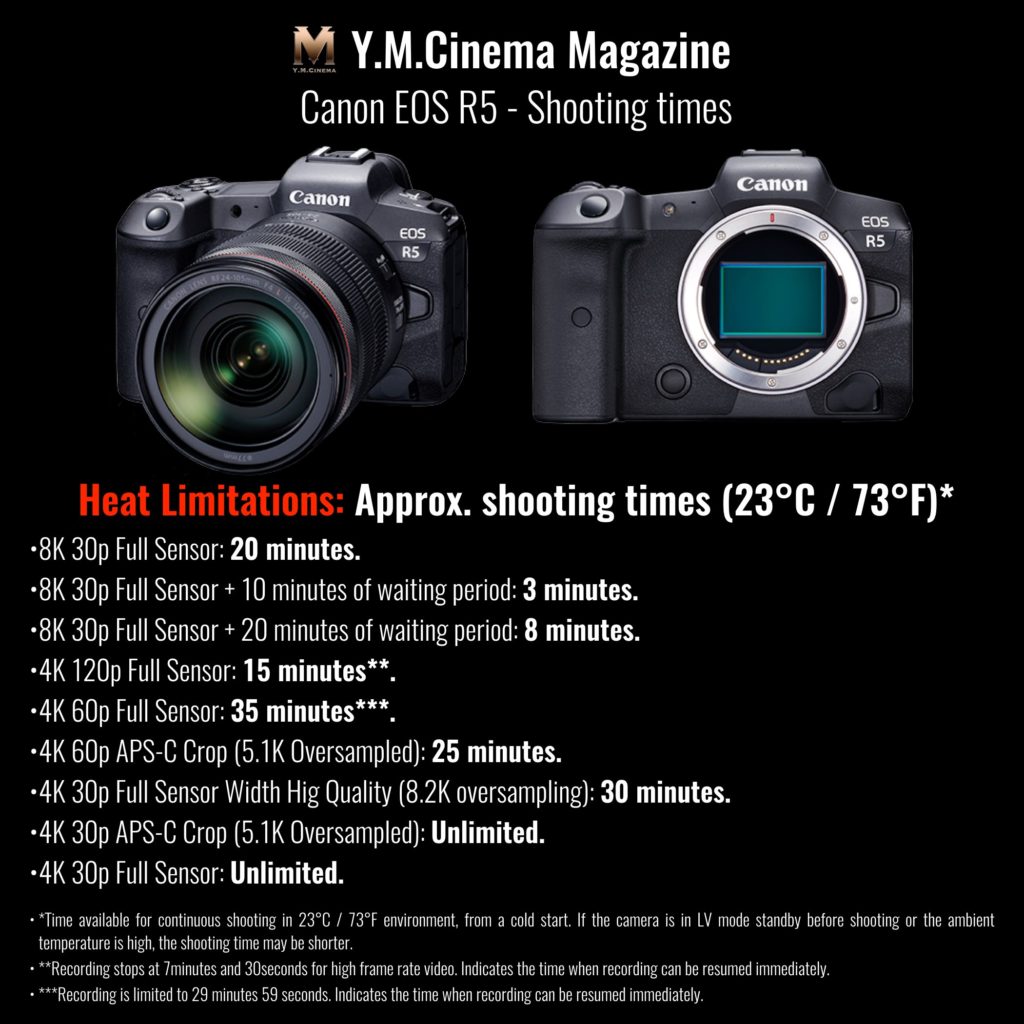
Sony Alpha 1: Does it smash the overheating limitations?
The newly announced Sony Alpha 1 brags on its heat-dissipating structure for extended recording. Accruing to Sony:” A newly developed heat-dissipating structure prevents overheating during continuous recording without increasing body size”. This apparatus allows recording 8K/30p or 4K/60p video continuously for up to 30 minutes. This unique structure keeps the image sensor and image processing engine temperatures within their normal operating range, preventing overheating while maintaining compact body dimensions. If so, the recording time declared by Sony (regarding 8K and 30FPS) is 30 minutes. Nevertheless, this issue was examined by acclaimed reviewers. Let’s see what they have to say about it.
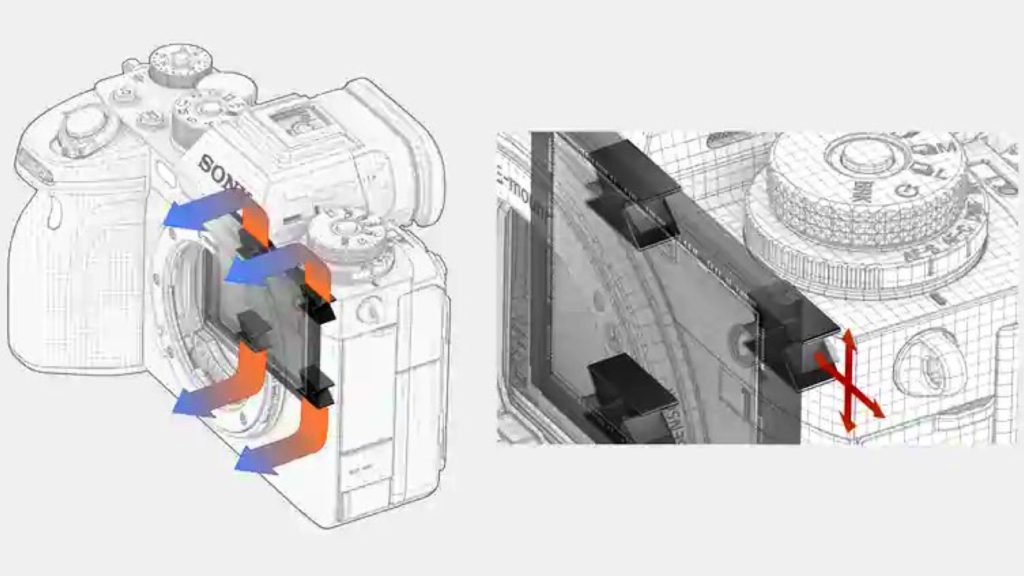
Note: This is wintertime, which means the temperature is very low across multiple locations in the US and Europe. In order to analyze overheating limitations, tests in summertime must be performed, and when the sun heats the camera – that is a real-world test. All other tests in a snowy environment are less relevant to attack this issue, and thus must be taken with the grain of salt (The Canon R5 was launched in the summer – remember that).
The numbers of the reviewers
Here’re below two reviewers that addressed the overheating issues (regarding 8K recording capabilities) of the Sony Alpha 1. The first was shooting in the snow. In that case, of course, there will be no overheating issue. However, when operating in an ambient temperature (around 25 Celsius) a recording limitation occurred, as the camera turned off at 25 minutes (heat warning turned on), and at 38 minutes (heat warning turned off). Check this review below:
Another review claimed that the camera turned off after 16 minutes of 8K recording, but when activating “High mode” the limitation did not occur. Check out the review below:
Final thoughts
The Sony Alpha 1 has overheating limitations when recording 8K, no doubt about that. However, in order to confront the camera’s 8K shooting capabilities, real-world testing should be performed, which means in uncontrolled environments (temp above 30 Celsius and sun heating the camera). As explained, the Canon EOS R5 was launched in the middle of the summer and was tested and reviewed in the hottest season of the year, as opposed to the Sony Alpha 1 that was released in the coldest season of the year (smart move by Sony…?). The conclusion: Let’s wait for the real world (hot) examinations regarding 8K recording capabilities.

